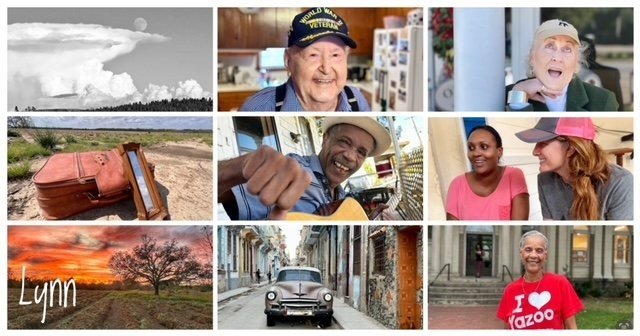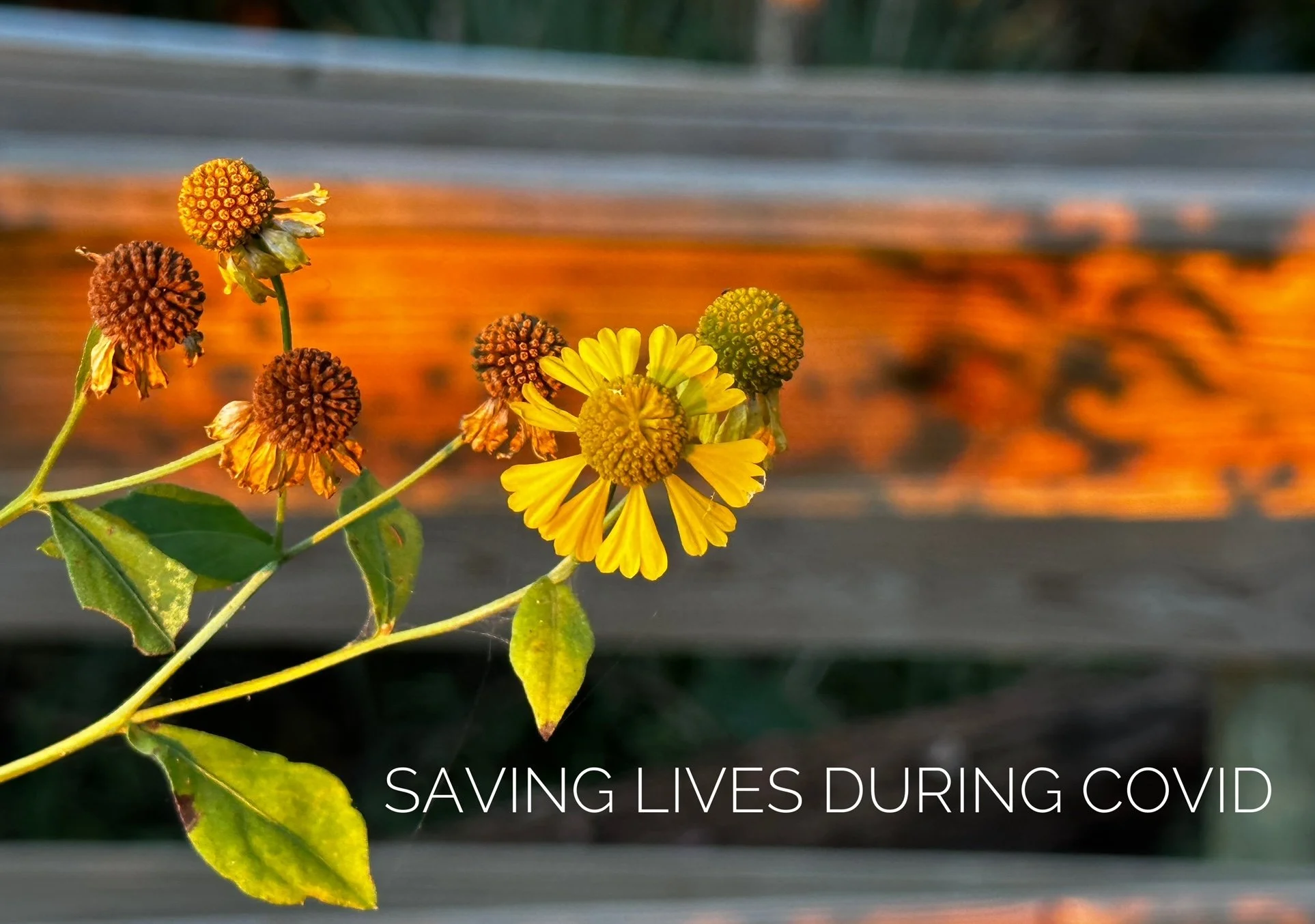Two Sides
Since I started listening to both sides without caring for which side I fell. Well I found out there are more than two sides if you really want to know a subject well. Which only led me to more heartbreak as I thought about all the fights that have been started by two sides. And neither one of them were truly wrong or right.
“Abe Partridge’s 403d Freakout.”
Holding a guitar with the words “this machine kills,” a tribute to Woodie Guthrie taped to the front, Abe Partridge stood on the stage of Bush Hall in London, England. Under the chandeliers of the former dance hall built in the 1920s, the blues singer from Mobile told the audience that half of them may leave after his song about lying awake at night wondering what life means.
None leave. These are Londoners with their own freakouts, including Brexit, a referendum that narrowly passed in June 2016 in favor of the United Kingdom leaving the European Union. As the exit deadline on October 31 approaches with no plan, the sides, for and against, are split down the middle, but all say England is in crisis.
Two sides, maybe both right.
Brexit and history are the reasons we went to London during my son’s fall break. We wanted to observe how the country that invented democracy navigates a crisis this divisive.
“No one in Britain knows what is going to happen,” Nigel Fitzpatrick, our tour guide in Stonehenge and Oxford said. “The consequences might be quite dire, with rioting in the streets. People are fed up. Where we will be in two weeks’ time, I don't know.
“We went from a trading block of individual countries to a European power with laws dictated by the EU,” he explained. “Our sovereignty is eroding. We have no say in our fishing or agricultural policies. If this keeps going, we won't be recognized as citizens of Great Britain, but Europe. Don’t forget, we fought two world wars to stop this from happening. We lost millions of lives to not to be told what to do by a dictator. Slowly, the people had enough, and political agendas popped up to spring us from Europe.”
The other side wants to remain in the European Union, continuing to trade with lower tariffs and open borders. Marie and Christian have stood in front of Parliament every day since March, holding signs of protest and with a countdown of days to Brexit taped to their shirts. Each day the duct-taped number gets smaller.
“Brexit comes down to simple things,” Marie said. “The people in the metropolitan areas, Scotland and Northern Ireland voted to stay. They have internationalist outlooks. They want to live and trade together.
“Those on the exit side live in the more rural areas and want to protect our island and work within our country,” she said. “They feel the pound in their pocket is weaker and their jobs have been taken. They feel downtrodden and not listened to. It is easy to point the finger at migrants who come here and do the jobs that no one else wants to do. The problem is things developed and didn't take everyone with it. Brexit was a symbol of the little man taking back control.”
Frustration over the government and taking back control also helped ignite the Extinction Rebellion (XR), intended as two weeks of non-violent civil disobedience to raise awareness of the climate crisis and ecological destruction.
Thousands of protestors blocked bridges and streets, sat in meditation circles, chanted, and made speeches. Some attached themselves by chains, super glue or concrete to platforms, barrels, and a hearse in the middle of roads. Blocking traffic to be arrested and confront authorities over environmental inaction.
While officers drilled through chains, concrete, and steel to free the rebels, the surrounding crowd sang, “We Shall Overcome,” as sparks flew. They shouted, “We love you!” as the police walked the arrested to the metro van. In the first days, protestors were stationed at 12 stations around London. Small campgrounds formed in the streets around Westminster Abbey. Many were grandparents, wanting to save the planet for their grandchildren.
“People came from across England,” said Aimee, a protestor from Norwich. This low-lying flat county on the coast would be one of the first areas on the island to be submerged by rising tides. “We are targeting the elites and powerful around Westminster to get their attention about climate change. It is putting pressure on the government at a time they are massively under pressure. It is a tinderbox in London right now.”
Rebels rode bikes through the streets, past posters that read, “We Probably All Have Some Hidden Struggles in Common” and “Imagine If Empathy Was A School Subject” posted by Notes to Strangers to spread positivity in London. One rider played, “Ride of the Valkyries” (Kill the Rabbit) as he passed Buckingham Palace. Women and men in red flowing dresses and faces painted white, glided silently through the streets. Prayer and meditation circles formed around the statue of Gandhi.
Protestors held signs that read, “Liar, Liar, Earth’s on Fire,” “I’m willing to be arrested today so my concerns may be heard,” and “When I’m an adult there will be more plastic in the sea than fish. We must act now.”
It was a demonstration that frustrated and angered Londoners trying to get to work or through the city, even if they supported the cause. It added hours to commutes, rerouted city tours, and interrupted public transportation and deliveries. Protestors passed out fliers apologizing for the inconvenience, explaining the disruption is necessary because, “We are in a climate and ecological emergency.”
Drum lines started the protest under the statue of Winston Churchill in Parliament Square. A few days later, Kurds stood under that same statue across the street from the British seat of government, holding signs that read, “Stop Turkish state’s war on Kurds” and “Stop Supporting Turkish State/Isis.” They chanted, “Terrorist Turkey state” and told the passing crowd to, “Break the silence” and “Pray for our friends about to be invaded by Turkey.”
The protests were a block from Westminster Abbey where missionary/explorer David Livingstone’s gravestone is engraved with the last words he wrote, “All I can add in my solitude, is, may heaven’s rich blessing come down on everyone, American, English or Turk who will help to heal the open sore of the world.”
Britain also shares the open sore of slavery with the South. The International Slavery Museum in Liverpool tells of the ships and merchants that dominated the transatlantic slave trade. The town and its inhabitants grew wealthy from trading slaves, building slave ships and selling the goods that slavery produced, including cotton from the South. The ship CSS Alabama was built in secrecy in Liverpool in 1862 for the Confederate States Navy. A fleet of Confederate blockade runners and naval cruisers were built here to keep the cotton supply line open.
Liverpool, the birthplace of the Beatles and the British Invasion, has such a deep connection to the Delta blues born from slave songs and field hollers, that the Mississippi Blues Trail dedicated a marker there in September.
The British Museum in London reaches farther back to tell the story of the evolution of society and the rise and fall of man and empires. The oldest exhibit contains two skeletons from 11,000 BC with bones fractured by weapons. They were uncovered in Jabel Sahaba (now in northern Sudan), one of the earliest formal cemeteries in the world. Half of the 61 men, women, and children buried there died of wounds from violence and stone weapons. Tribes in the ice age fighting over limited resources -- all sides trying to survive.
Brexit. Civil disobedience for climate change. Kurds. Music. Slavery. 13,000 years of competing over resources. A week in London was the past and present, telling the story of humanity. Of rising up, open sores, and fights started by two sides.
Sometimes, neither of them are truly wrong or right.






